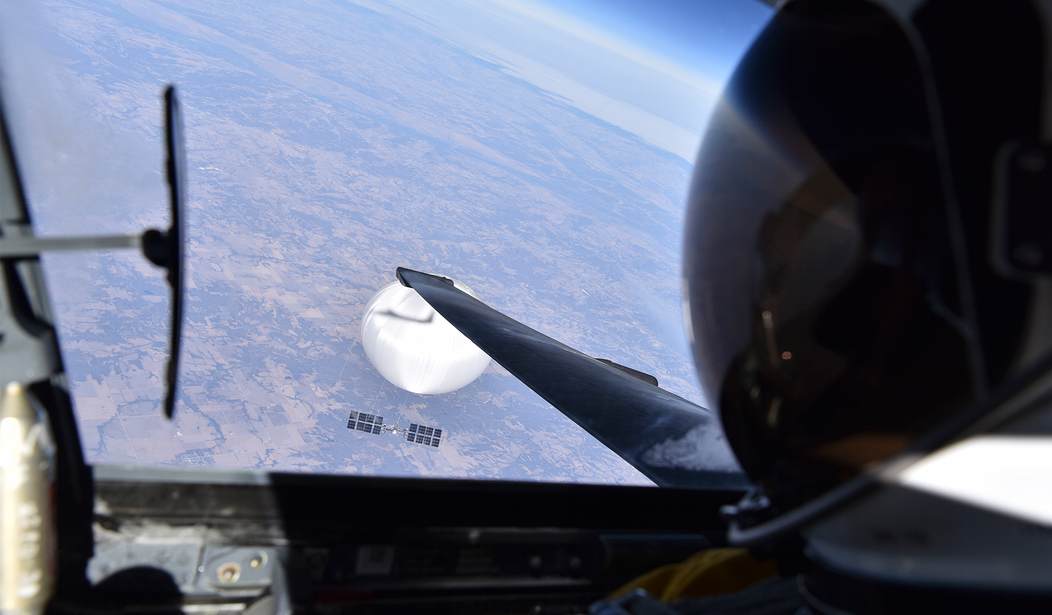A recent report from Reuters alleges that Secretary of State Antony Blinken, who has already been implicated in several scandals, was purportedly prioritizing the interests of the Chinese Communist Party. The report, supported by leaked emails and inside sources, proves what many on the right feared all along: Joe Biden was far more concerned about not offending China than our national security.
“When an alleged Chinese spy balloon traversed the United States in February, some U.S. officials were confident the incursion would galvanize the U.S. bureaucracy to push forward a slate of actions to counter China,” reports Reuters. “Instead, the U.S. State Department held back human rights-related sanctions, export controls and other sensitive actions to try to limit damage to the U.S.-China relationship, according to four sources with direct knowledge of U.S. policy, as well as internal emails seen by Reuters.”
Despite the State Department’s expression of dissatisfaction regarding the spy balloon incident, which led to the postponement of Blinken’s intended visit to Beijing, an internal communication within the State Department, examined by Reuters, reveals that senior U.S. officials deliberately delayed planned measures against China.
Rick Waters, the deputy assistant secretary of State for China and Taiwan, who oversees the Office of China Coordination (“China House”), conveyed in an email to the staff on Feb. 6, which has not been previously disclosed: “Guidance from S (Secretary of State) is to push non-balloon actions to the right so we can focus on symmetric and calibrated response. We can revisit other actions in a few weeks.”
The sources said many measures have yet to be revived. The decision to postpone export licensing rules for telecom equipment maker Huawei and sanctions against Chinese officials for abuses of Uyghurs has damaged morale at China House, they said.
President Joe Biden’s administration has sought to prevent a further deterioration in ties with China’s Communist government, which many analysts say have hit the lowest point since they began in 1979.
So, rather than punishing China for its flagrant violation U.S. airspace, Blinken instructed his subordinates to temporarily halt significant measures concerning human rights and trade. This included not only halting previously planned sanctions on Chinese tech companies like Huawei, but also addressing China’s persecution of the Uyghur population.
Related: GOP Oversight Committee Wants Answers About John Kerry’s Secret Talks With China
According to sources who spoke to Reuters and who requested anonymity due to concerns about potential consequences, Blinken has largely entrusted the responsibilities of shaping China policy to his Deputy Secretary of State, Wendy Sherman. Sherman is the second-highest-ranking diplomat in the United States and was a key player in the Biden administration’s botched Afghanistan withdrawal.
Last month, we learned from three unidentified Biden administration officials that the Chinese spy balloon was allowed to fly over the United States for an entire week and was able to acquire and send secret intelligence to Beijing regarding a number of military bases in “real time.” We’ve known about Joe Biden’s cushy relationship with China since before the election, and it should surprise no one that the actions of the administration repeatedly give an unsettling impression that they are in cahoots with the Chinese Communist Party. It’s been three years since the COVID pandemic began, and China still hasn’t been held accountable for that.
How much more evidence do we need that the Biden administration is putting China’s interests before those of the United States?










Join the conversation as a VIP Member